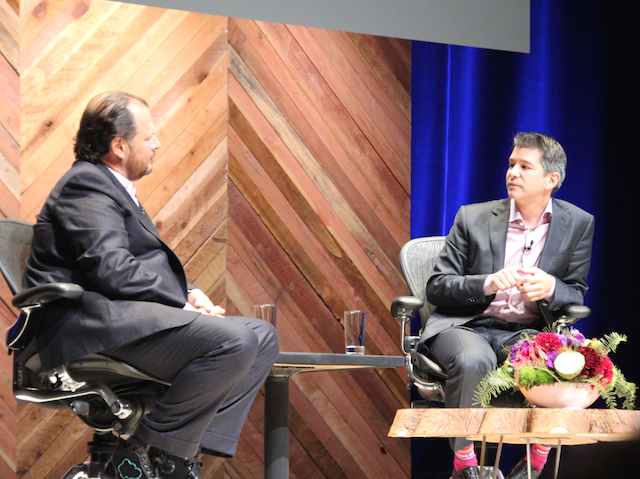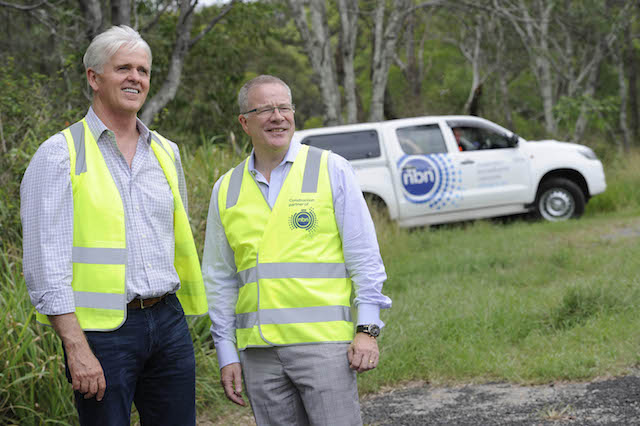One of the most stunning examples of Australia’s uncompetitive, post-mining boom economy is its National Broadband Network.
Announced in 2009 to provide high speed data access to the nation to address the effects of thirty years of poor decisions and poorly thought out policies by successive governments, the project was intended to upgrade the telecommunications network and break the near monopoly of the incumbent telco, Telstra.
Sadly the project quickly foundered as the managers of the company set up to build the network made a series of poor decisions that stemmed from their underestimating of the project’s scope and their arrogant hubris in rejecting the advice of those who did.
To compound the problem, the project was politicised by the intellectually lazy and opportunistic Liberal opposition who promised they could build it for less by utilising existing telephone and Pay-TV infrastructure. On becoming government, the then communications minister and now Prime Minister changed the scope to do that and promised a quicker and cheaper rollout.
Last Friday, the folly of the Liberal Party’s plans were shown when the National Broadband Network company, nbn™, issued their updated business plan that detailed a further retreat from both the original project scope and the government’s promises.
The Melbourne Age’s Lucy Battersby illustrated how completely Malcolm Turnbull and the Liberal Party bungled their costings, showing just how mediocre and dishonest the government and Prime Minister have been in estimating the cost of the project.
However, NBN Co underestimated the cost of using existing hybrid-fibre coaxial [HFC] cables laid by Telstra and Optus in the 1990s. Last year it calculated an average cost of $1800 per house. But detailed field work discovered the cost was actually $2300.
…
In 2013 the Coalition estimated FTTN connections would cost about $900 per premise and this was raised to $1997 in a 2014 strategic review, and raised again in 2015 to about $2300.
In the real world, being out by nearly 300% would cost an estimator or executive their job and for a small business could well see them being put out of business, but in the carnival of mediocrity that marks modern Australian politics, those responsible for such mistakes only thrive, as do the managers of nbn™ who recently awarded themselves fat bonuses.
Adding insult to injury for the long suffering Australian taxpayers and broadband users is that the nbn™’s management have revised the scope again to overcome increased costs and now only 21% of consumers will get a fibre connection as opposed to the 40% claimed when the new government changed the scope.
Those scope changes beg the question why anyone bothered in the first place. Had the network been left with Telstra there’s a reasonable chance 20% of customers would have ended up on fibre by early next decade as the economics of maintaining and installing the technology overtook the older copper system.
Probably the biggest insult though to Australian customers though are the desperate attempts to make the new network profitable with plans to gouge the nation’s telco users as Fairfax’s Elizabeth Knight reported.
Data use per user is anticipated to grow at a compound rate of 30 per cent per cent to 2020.
At first blush these increases in usage might look exaggerated – but wait. Only last year NBN was working off the expectation that this year its existing customers would consume 90 gigabytes per month. But the current rate of consumption is actually 131 gigabytes per month – and rising.
Thus as the years progress towards 2020, NBN not only gets an increase in customers, it get an increase in revenue per customer .Monthly average revenue per user is forecast to increase from $43 this year to $52 in 2020..
So Australians will be expected pay more for their substandard connections to help an organisation that has consistently failed to meet its promises and targets. It should also be noted that rising Average Revenue Per User (ARPU) is the opposite of what’s been happening in the real world over the last twenty years as revenues, and profits have fallen.
To be fair, it’s not just Australia that has struggled with rolling out fibre networks. In the US, Google Fiber is going through blood letting and scope changes as the company struggles to meet targets and keep costs under control. That same experience has been repeated around the world.
However when it comes to missed targets, broken promises and the sheer scale of money wasted, Australia’s National Broadband Network dwarfs them all.
Australian taxpayers, voters and telecommunications users should be asking hard questions of their political leaders
Similar posts:




